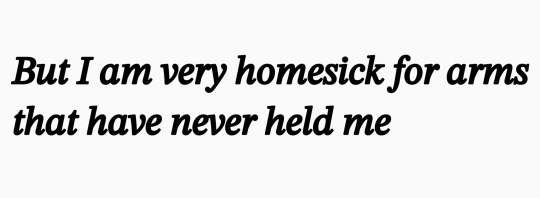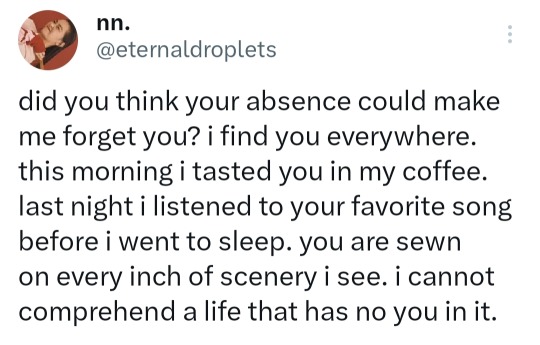iriswritesstuff
202 posts
Iris, she/they, mid-20s. I write stuff when I'm in the feels. "We can be all poetic and lose our minds together."
Don't wanna be here? Send us removal request.
Text
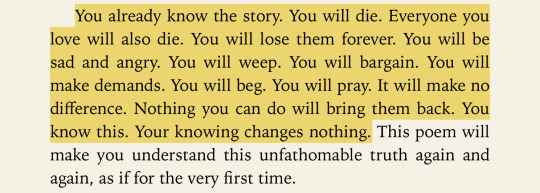
oh emily wilson translation of the iliad we’re really in it now
26K notes
·
View notes
Text
You know how I think she's the one for me? I've just had a very long day. I am exhausted and usually I need to be left alone to recharge. But I think talking to her would make me feel better.
7 notes
·
View notes
Note
Good day Mr Flanagan. please what does "the rest is confetti" mean to you and in the context it was used in hill house??
Okay, here we go. Buckle up for a long read.

To answer this, I've got to explain a little bit about what was happening and where I was when I sat down to write episode 10 of The Haunting of Hill House.

Hill House was not a fun shoot. The picture above is from very early in production, when I was still chubby and happy.
It was my first foray into television. I was absolutely terrified that I'd mess it up. So I'd opted to direct all of the episodes myself, figuring that - if nothing else - I'd have no one else to blame if it went south.

It was the most grueling professional experience of my career. The shoot was by no means a smooth one, every day was an uphill battle from a budgetary perspective, and between the three giant production entities involved with the production, I spent a lot of time fighting over the creative and logistical elements of the series.
I began losing weight. I was smoking two packs of cigarettes a day.

By the end of the shoot, I had dropped almost 40 lbs.

I was very depressed. Every day was a battle, and for the first time in my career, I wasn't excited to go to work in the morning. We were fighting for basic resources, fighting for the show we wanted, and even fighting amongst ourselves by the end. It was grueling.
We hadn't written all of the scripts when we started production. I believe we had finished through episode 7, but the rest of the scripts had to be finished while we were already shooting.
We'd mapped everything out in the writers room, and I had great support on the other episodes, but I was writing the finale solo. I'd thought I'd be able to juggle it with everything else. I quickly fell behind.
I finally got to the script about halfway through production. I'd work on it between takes at the monitor, and then get home to our tiny rental house in Atlanta, where Kate was waiting with our baby son. (One of the rare bright spots of this shoot came when Kate found out she was pregnant about halfway through production. We even named our daughter Theodora, in honor of her origins.)
I'd typically fall down from exhaustion when I got home, but I had to push through it and work on the script. My weekends were spent shotlisting and prepping for upcoming episodes. We didn't have enough time to stay ahead of prep, so every available day was used for that... I went three months without a single day off at one point.
I'd sit up late staring at the script. I was in a dark, dark place. Overwhelmed, exhausted, and feeling like I lived in an eternal present. Each day bled into the next and it didn't feel like there was an end in sight. That feeling of unreality was heightened because we kept returning to the same sets, same locations, and even the same scenes throughout the 100 shooting-day production. Stepping back into the exact room we had shot in days or weeks or even months ago made the whole thing feel absolutely surreal. Making movies is always an non-linear experience, but this one felt particularly so... it was like the days of our lives were happening to us all out of order.

I remember feeling something like despair creeping into my daily experience on the show. And I remember dwelling on that when I got into the scene work of episode 10.
As I worked through the draft, I recall that despair coloring a lot of what was on the page. My filter was breaking down. There's a monologue at the beginning of the episode where Steven's wife Leigh (played by my dear friend Samantha Sloyan) spews out a torrent of eviscerating insults about Steve's value as a writer. That is just me vomiting onto myself. She was voicing all of my deepest insecurities about myself at the time, and of what I was doing with this series.
She says "Is anything real before you write it, Steve? The things you write about, they're real. Those people are real, their feelings are real, their pain is real - but not to you, is it. Not until you chew it up, digest it, and shit it out onto a piece of paper and even then, it's a pale imitation at best."

This was the mindset I was in for a lot of the shoot. The writing became a reflection of a lot of that turmoil, and I knew who I was referring to in that monologue - I was talking about my family. I was talking about how much of their lives I'd used as building material for this show. I was talking about the fact that I'd lost two loved ones to suicide, and seen what it had done to my mother in particular. And I knew I was using - possibly even exploiting - those people for this series.
There's a lot of despair in this episode. The Red Room, as we conceived it, was a place that would feed upon those emotions. Grief, sadness, loss... those were the real ghosts of our series, and where our characters find themselves at the start of the finale. They're being slowly digested - eaten alive - by those feelings.
So finally, it came time to write Nell's final scene with her siblings. I knew from the outline we'd constructed in the writers room what this was supposed to accomplish - she was supposed to be their salvation. She was supposed to take all of these feelings that we'd been wrestling with and finally provide catharsis... finally say something that would free everyone.
I remember sitting with a blinking cursor for a long time. The Crain siblings had just turned and seen Nellie standing by the door, and suddenly were able to hear her speak. But what should she say? What would I say? What would I want someone to say to me?
What she ultimately says lays bare a lot of what I was thinking about when it comes to grief. It exists outside of linear time, much as I felt I existed at the time. That sense of eternal present, that sense of a nonlinear eternity of moments and memories - it all came out in her speech to her brothers and sisters.
I remember feeling, looking at my insane present and looking back at my past, how strangely overwhelmed I was by memories. That I wasn't experiencing time in a straight line, and hadn't been for a while - for the better part of a year, I'd felt more like I was standing in a whirlwind of moments. "Our moments fall around us like..." Nell said, and I recall sitting back and trying to find the words.
"Rain," for certain, but there was something too uniform about that. The moments of life as I experienced them weren't that orderly, they weren't that small. They didn't fall the same way. Some sailed by, fast and unremarkable, while others lingered in front of me, twisting and stretching. So it was a good word, but not the right word. I left it on the page though.
"Snow" was my next attempt. Better, in that I imagined the snow blowing in the wind, swirling and dancing and feeling more organic. More chaotic. More like life. But for some reason, the word that stuck with me, the word I felt Nell Crain would connect with was...
"Confetti."
And that was because I was thinking not of Victoria Pedretti at this point, but of Violet McGraw.
Violet played Young Nell, and I wondered what she might have said if she experienced time this way. As an adult, Nell was despairing. Nell was overwhelmed. But as a child... there was an innocence to the word. There was a joy to the word.
I imagined moments falling around her, this little girl with the big smile and the wide eyes. Her moments would be colorful. They would be of different shapes and sizes, some falling fast and some falling slow, flipping and turning and dancing in the air, independent of the others. Sparkling, whirling, doing lazy summersaults as they sauntered down to Earth.
I thought of myself, and of the members of my family. I thought of those we'd lost. I realized what I hoped for them, and for us all, in the end... was to look upon that mosaic of experience, that avalanche of days and minutes and moments... and to smile with some of the joy we had as children.
And this, I thought, was something that gave me hope. This gave me a glimpse of some kind of salvation for them. This was also how I hoped my life might seem if I was a ghost - a cascade of color and light and shape and movement, something I could dance in.
So Nell smiled and said... "or confetti."
It stuck with me. The rest of her monologue gets heavy again, and gets to the real point of the show - the point of the whole series, if I'm honest - and that's forgiveness.
I figured the only thing that would let the Crain children out of the Red Room was to be forgiven. I thought of the losses in my own family, and I thought of what I wished for my mother and for my aunts and uncles and cousins and I tried to pour that into her final words.
"I loved you completely, and you loved me the same," she said, "that's all." And this was the point I wanted the most to make. That at the end of our life, if we can say this about each other, the rest doesn't matter. The rest is that rainstorm, or that blizzard, that fell around this one central truth, and maybe built itself in piles around it, to the point we lost sight of it along the way.
And I thought again of that little girl, and almost as an afterthought, wrote "The rest is confetti."
I liked the way it sounded, but I was insecure about the line. I almost took it out, in fact. I remember asking Kate to read the scene and talking about that last line with her. "Is it too cute?" I wondered. She was on the fence. "Depends on how it's acted," she said, and I figured she was right. We could always take it out if it didn't work. The scene could end with "I loved you completely, and you loved me the same. That's all."
Why not shoot it and see what happened.
I turned in the script, we published it quickly so that we could start breaking it down and prepping it. And the next morning I was back on set. I'd deal with episode 10 when it came down the pipe again, sometime in the coming months. We had a lot of shooting to get through before I had to worry about it.
I recall Netflix asking me to cut a lot of that monologue, and I remember them also having questions about the "confetti" line. I pointed out that it didn't cost us any extra to shoot it all, it was only words, and fought to keep the script intact.
Ultimately, they insisted I make a series of cuts on the page. I begrudgingly agreed, but left Nell's speech alone. I made superficial cuts around it, throughout the draft, and even considered changing the font size to fool them into thinking it had gotten shorter (I ultimately was told I wouldn't fool anyone and not to risk starting a war). But Nellie's final goodbye stayed intact.
It must be said - Victoria Pedretti SLAUGHTERED this scene.
By the time we got around to filming it, things had never been worse for the production. There was almost nothing left for a lot of us. Tensions were sky-high, resources had been exhausted completely, and we were all ready to give up.
Filming in the mold-ridden Red Room was depressing, morose, and led to a lot of arguments and unpleasantness. The room itself just felt gross, always, and we were in there for days at a time. The last thing we had to shoot in there was Nellie's goodbye.
Victoria came to set having to push through pages of monologue, and she did so with captivating bravado. I recall being teary-eyed at the monitor watching her work. And when we finally made it to the last line, I watched her deliver it with... a smile. A sincere, innocent, longing, joyful smile. A smile informed by the sadness, grief, and loss of her own situation, of her own life... but a smile that finds forgiveness and grace after all. Pedretti knew how to say the line, and how that word would work.
And as she said it, I knew it would stay in the show.
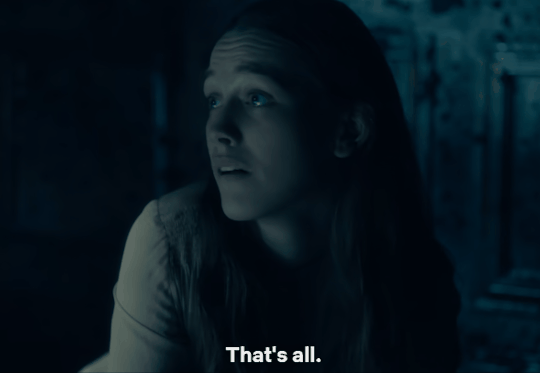
Over the years, that sentence has become something of a tagline for The Haunting of Hill House. I'm always a bit mystified and touched when I see people approach me with the line on T-shirts, or even tattooed on their bodies.

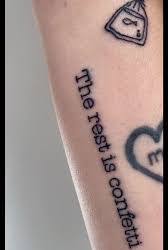
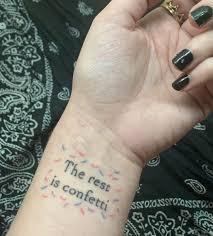
I started signing it with autographs back in 2020 after enough fans asked me to. Now it's my go-to when I sign anything related to Hill House.
The line, for me, represents a lot of things.
It's about the insane, chaotic, non-linear experience of making that show. It's about trying to find and hold onto joy, even in the grips of despair.
It's about the way the moments of our lives aren't linear, not really, and how we may be unable to understand them as we exist in their flurry. It's about finding hope, innocence and forgiveness in the final reckoning.
And it's about how, outside of our love for each other, the rest is just... well, it's fleeting. It's colorful. It's overwhelming. It's blinding. It's dancing. And, if we look at it right, it's beautiful. But it's also light. It's tinsel. It flits and dances and falls and fades, it's as light as air.
The rest is the stuff that falls around us, and flits away into nothing.
It's the love that stays.
9K notes
·
View notes
Text
“The most paradisiacal human trait is that we are inevitably surprised by death’s reality, despite its inevitability. The death of someone whom you love is a discovery of Death in the abstract as well as the particular: the appearance of disappearance, not only of the dead person, but of yourself. A quicksand pause: the absence of yourself from time. The sense of being ejected from time’s usual flow is common among the grieving, from my anecdotal polling. A writer who also lost a brother young, and violently, told me that at some point—he did not give a date or duration that must be exceeded—I would “rejoin time,” but, he added, if my experience turned out anything like his, some days, even decades later, would be “that first day after again.” Time, I suspect, will never move as it did before, even after I step back into it.”
— Elisa Gonzalez, from “Minor Resurrections: On failing to raise the dead” (The Point #28)
810 notes
·
View notes
Text



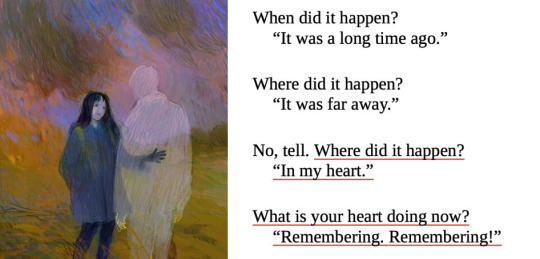



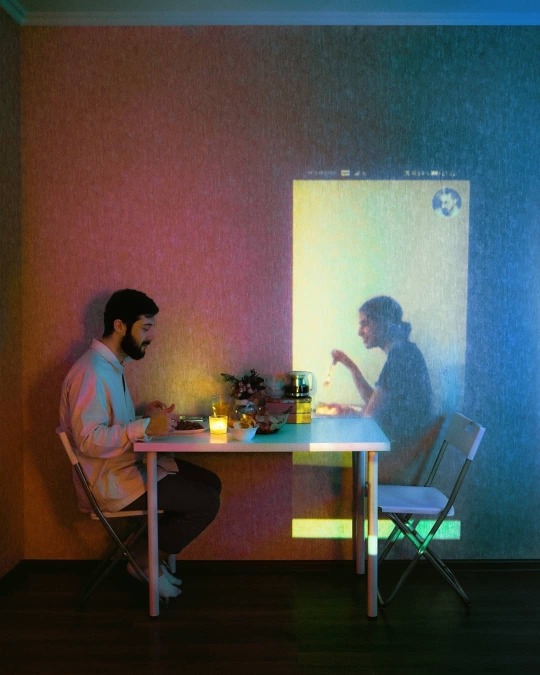
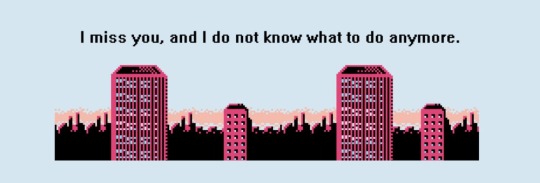

The gaps between the sunlight haunts me with your absence .
8K notes
·
View notes
Photo

A love letter by Richard Feynman. He was one of the best-known and most influential physicists. His wife and high-school sweetheart, Arline, passed away after succumbing to tuberculosis.
12K notes
·
View notes
Text
Love Poem to a Butch Woman
BY DEBORAH A. MIRANDA
This is how it is with me:
so strong, I want to draw the egg
from your womb and nourish it in my own.
I want to mother your child made only
of us, of me, you: no borrowed seed
from any man. I want to re-fashion
the matrix of creation, make a human being
from the human love that passes between
our bodies. Sweetheart, this is how it is:
when you emerge from the bedroom
in a clean cotton shirt, sleeves pushed back
over forearms, scented with cologne
from an amber bottle—I want to open
my heart, the brightest aching slit
of my soul, receive your pearl.
I watch your hands, wait for the sign
that means you’ll touch me,
open me, fill me; wait for that moment
when your desire leaps inside me.
8 notes
·
View notes
Text
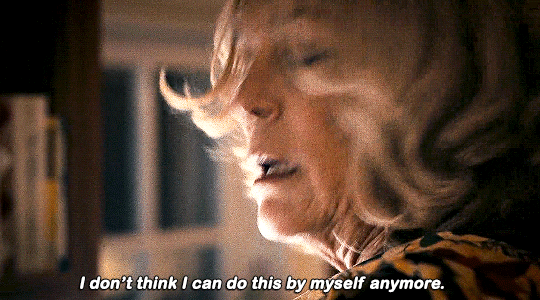


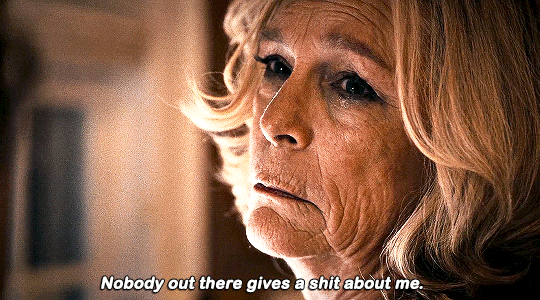


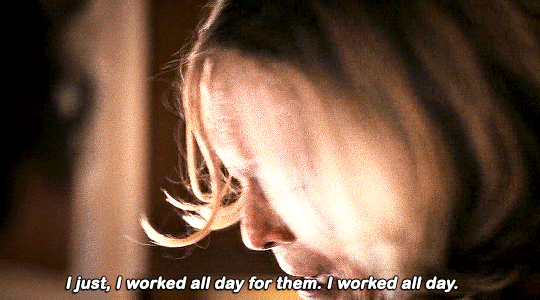



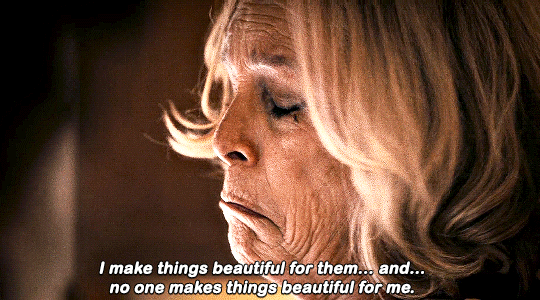


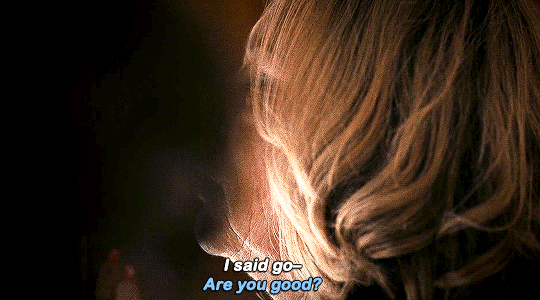
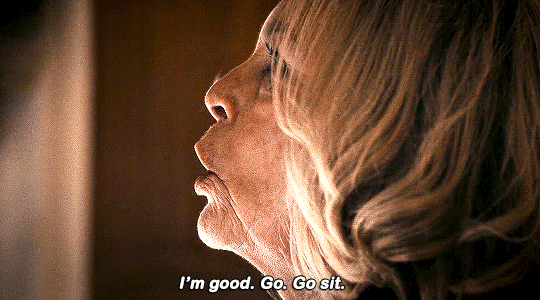

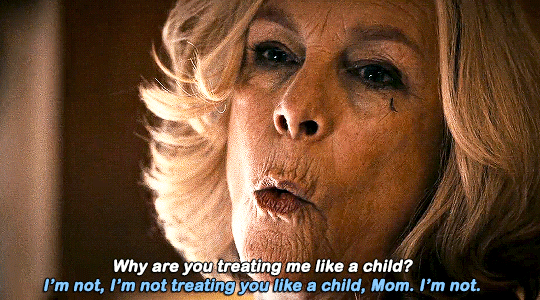



THE BEAR, 02.06 + Adult Children of Emotionally Immature Parents by Lindsay C. Gibson
(sugar version)
17K notes
·
View notes
Text
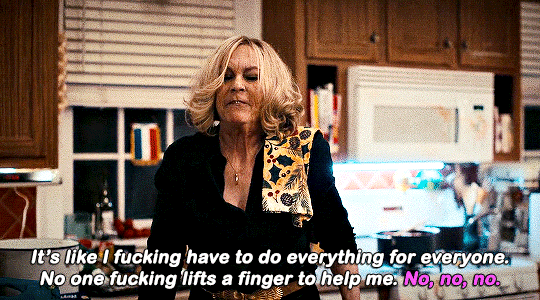

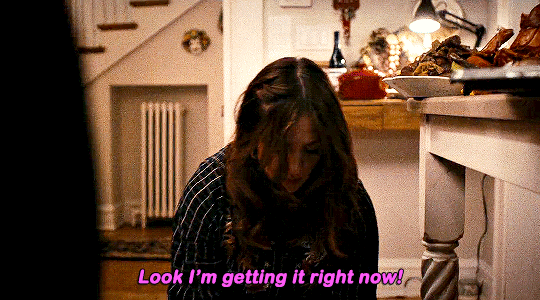

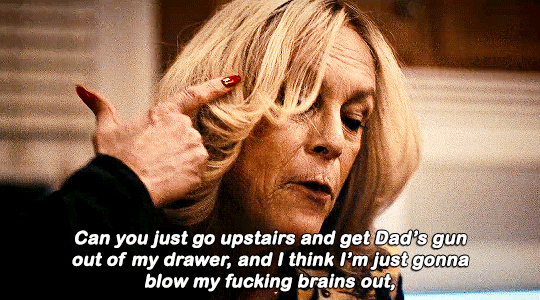
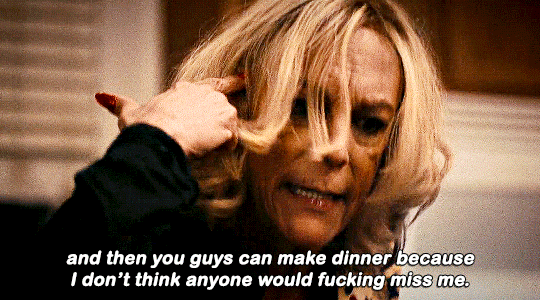

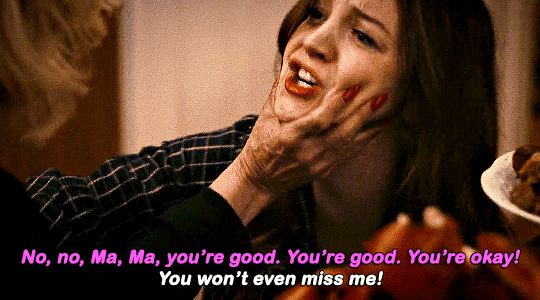

THE BEAR, 02.06 + Adult Children of Emotionally Immature Parents by Lindsay C. Gibson
(carmy version)
13K notes
·
View notes
Text
Moon, tell me if I could send up my heart to you?
So, when I die, which I must do...
Could it shine down here with you?
Mitski - "My Love Mine All Mine"
85 notes
·
View notes
Text

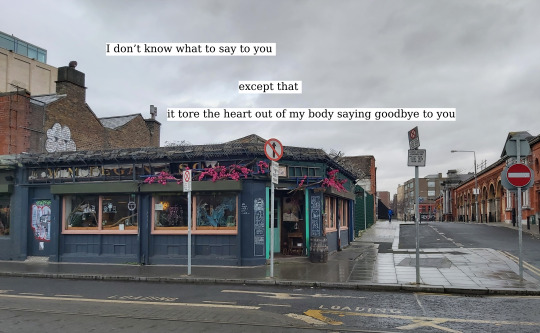





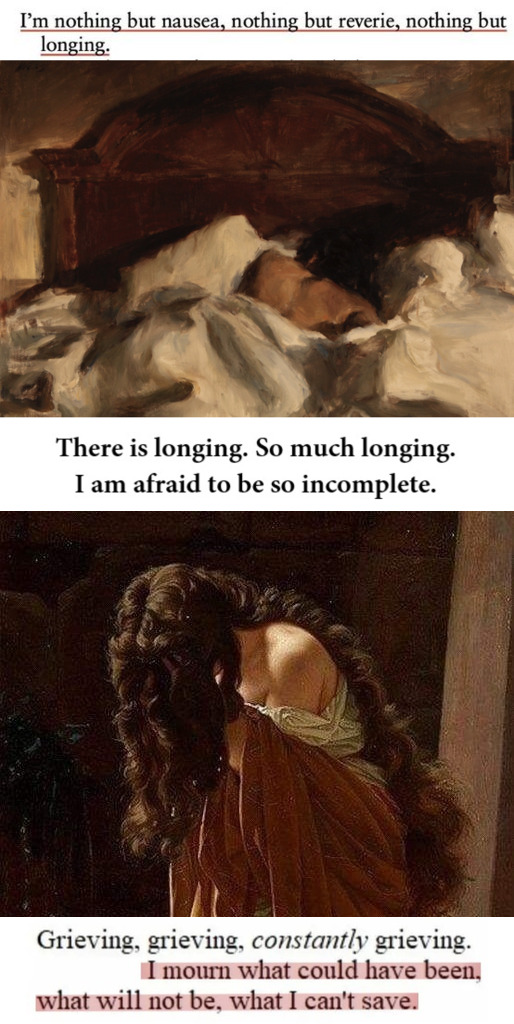
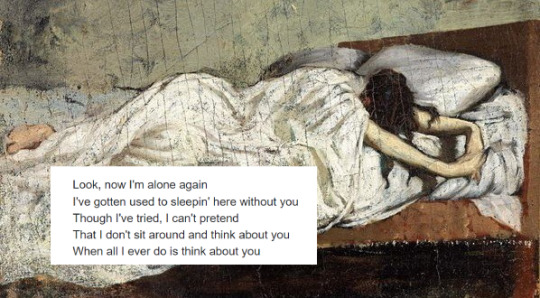


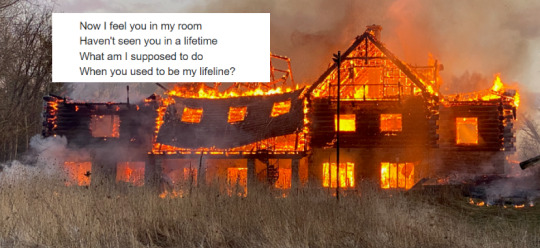



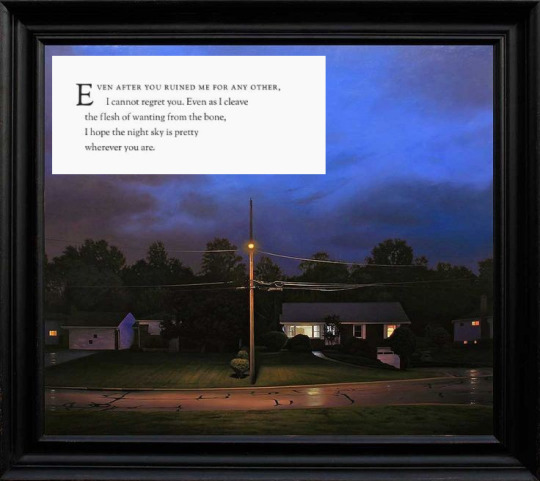
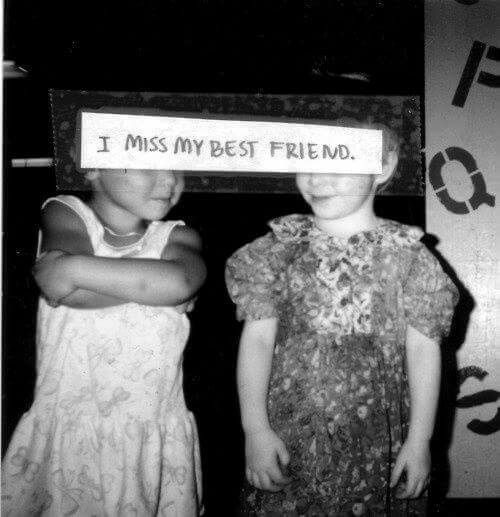
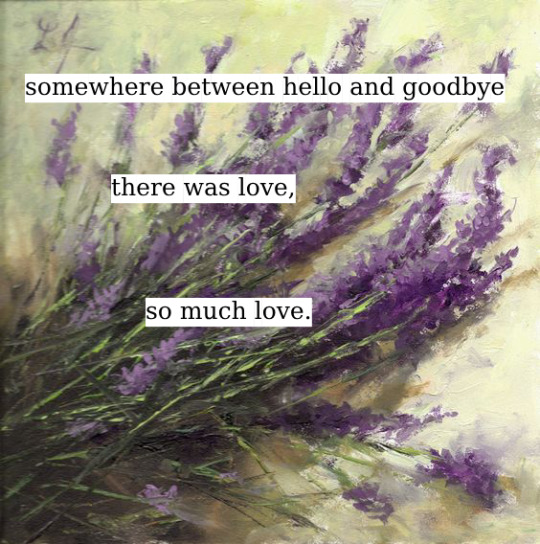
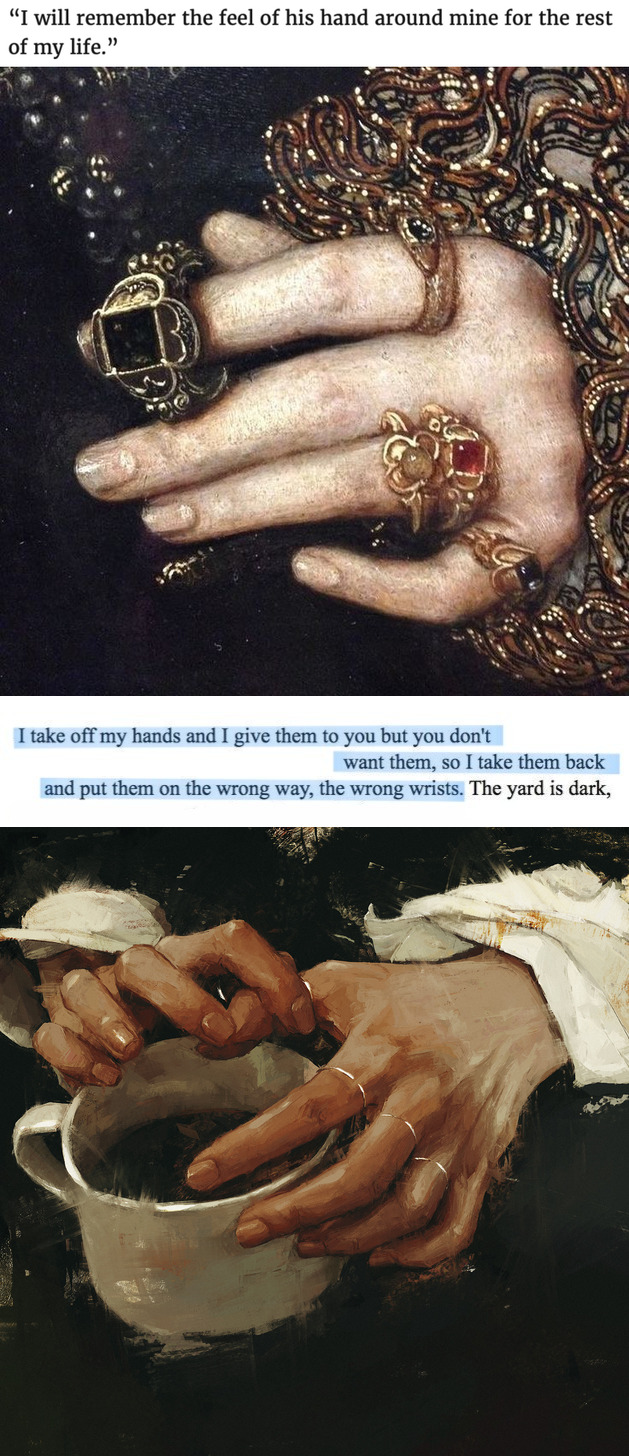






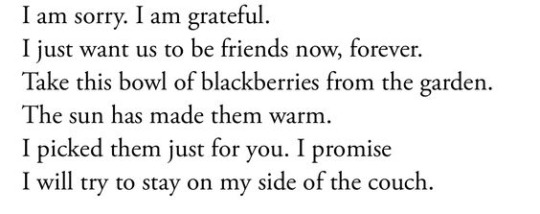
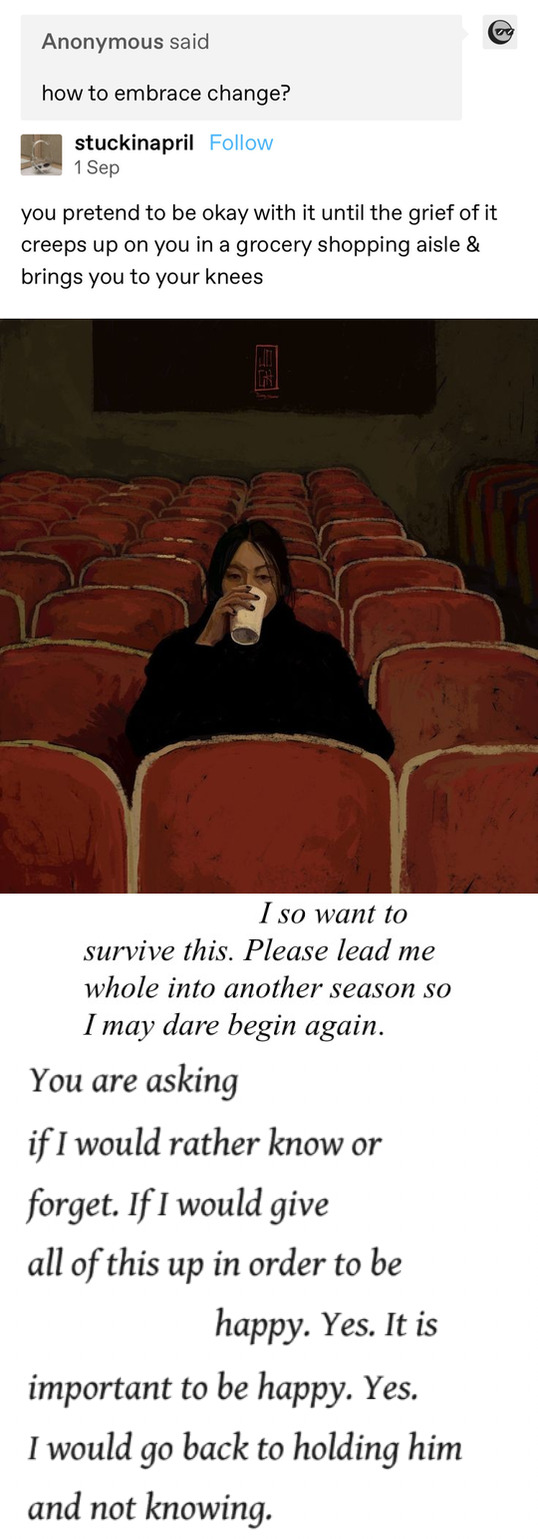

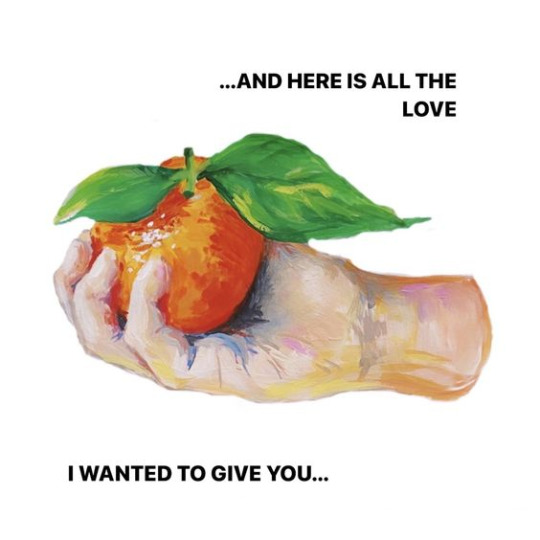

right person, wrong time (variations on heartbreak)
@leemartenspoetry on tumblr
vita sackville-west & fegan’s 1924 café in dublin
everything everywhere all at once (2022)
@heavensghost on tumblr
i had to get out by indigo de souza
‘calling a wolf a wolf' by kaveh akbar
river by joni mitchell
‘english song’ in a little larger than the entire universe: selected poems by fernando pessoa
slumber by ron hicks
fish in exile by vi khi nao
penitent magdalene by antonio ciseri
@ojibwa on tumblr
this is what the drugs are for by gracie abrams & the awakening by angelo morbelli
as good as it gets by fizz
lonely this christmas by mud & picture of the christmas tree at trinity college dublin, taken by me in december of 2022
this is what the drugs are for by gracie abrams & picture by andrew collins via globalnews.ca
@inanotherunivrs on tumblr & a polaroid of me taken by my ex-boyfriend
‘in a dream you saw a way to survive’ by clementine von radics & a picture of my ex-boyfriend's window, taken by me
bluets by maggie nelson & the poolbeg generating station, dublin
‘unrequited’ by sasha m george & inheritance by matthew w. cornell
[unknown]
@ faraway on instagram & lavender sprigs farm cut by linda jacobus
the museum of heartbreak by meg leder
[unknown]
‘seaside improvisation’ by richard siken
@ dracarysgang on twitter
@-love-letters-i-never-sent
@fromdarzaitoleeza on tumblr
explosions by ellie goulding
‘i had a dream about you’ by richard siken
the beatrice letters by lemony snicket
la la land (2016)
‘catalog of unabashed gratitude’ by ross gay
@stuckinapril on tumblr
@deathlywounded on tumblr
some are always hungry by jihyun yun
‘speaking practice’ by franny choi
a self-portrait in letters by anna sexton & a picture of my ex-boyfriend in a lake in Orfű, Hungary
@sunsbleeding on tumblr
‘there is no absolution for the fallen, only the dying’ by p.d
12K notes
·
View notes




